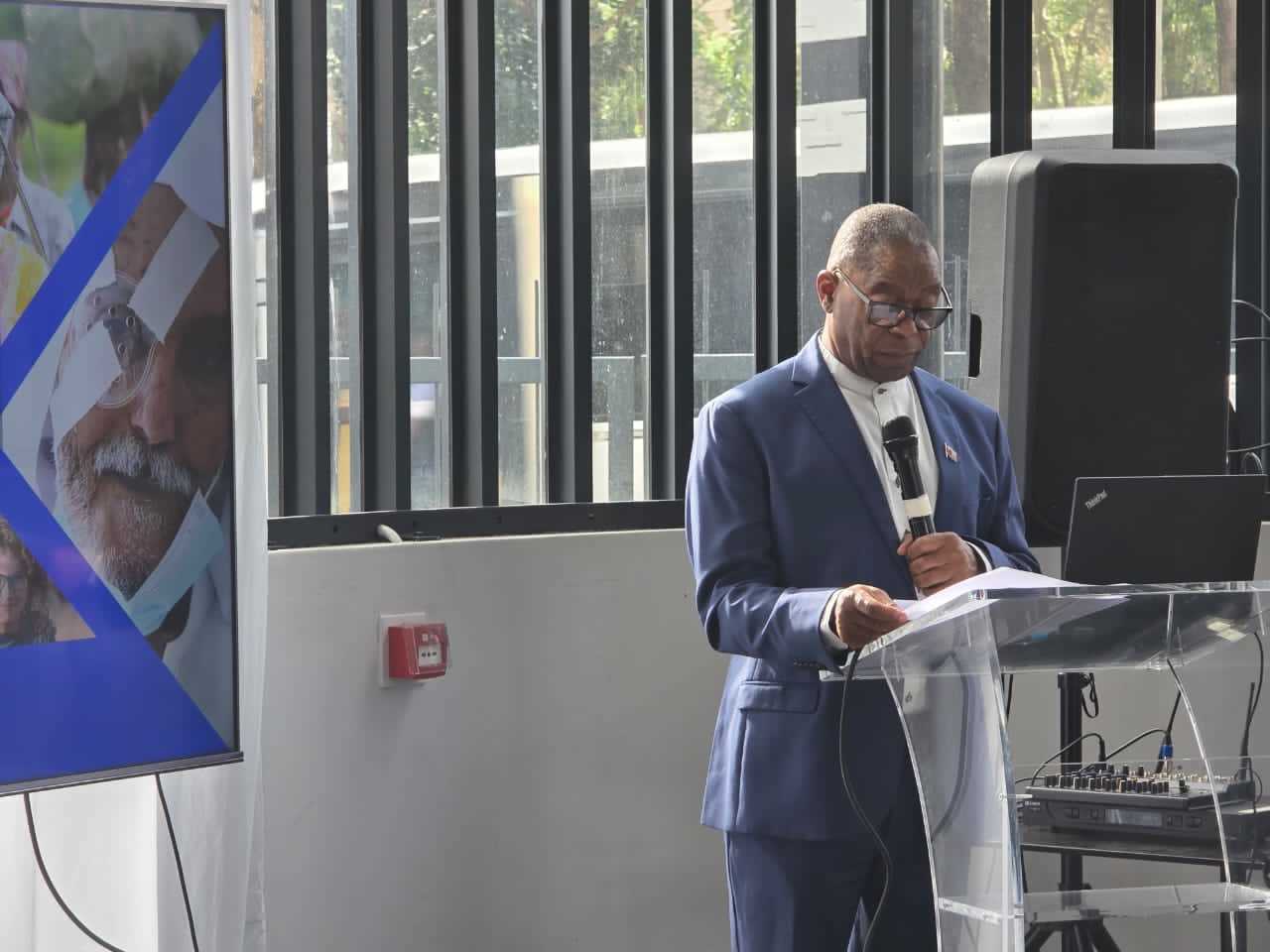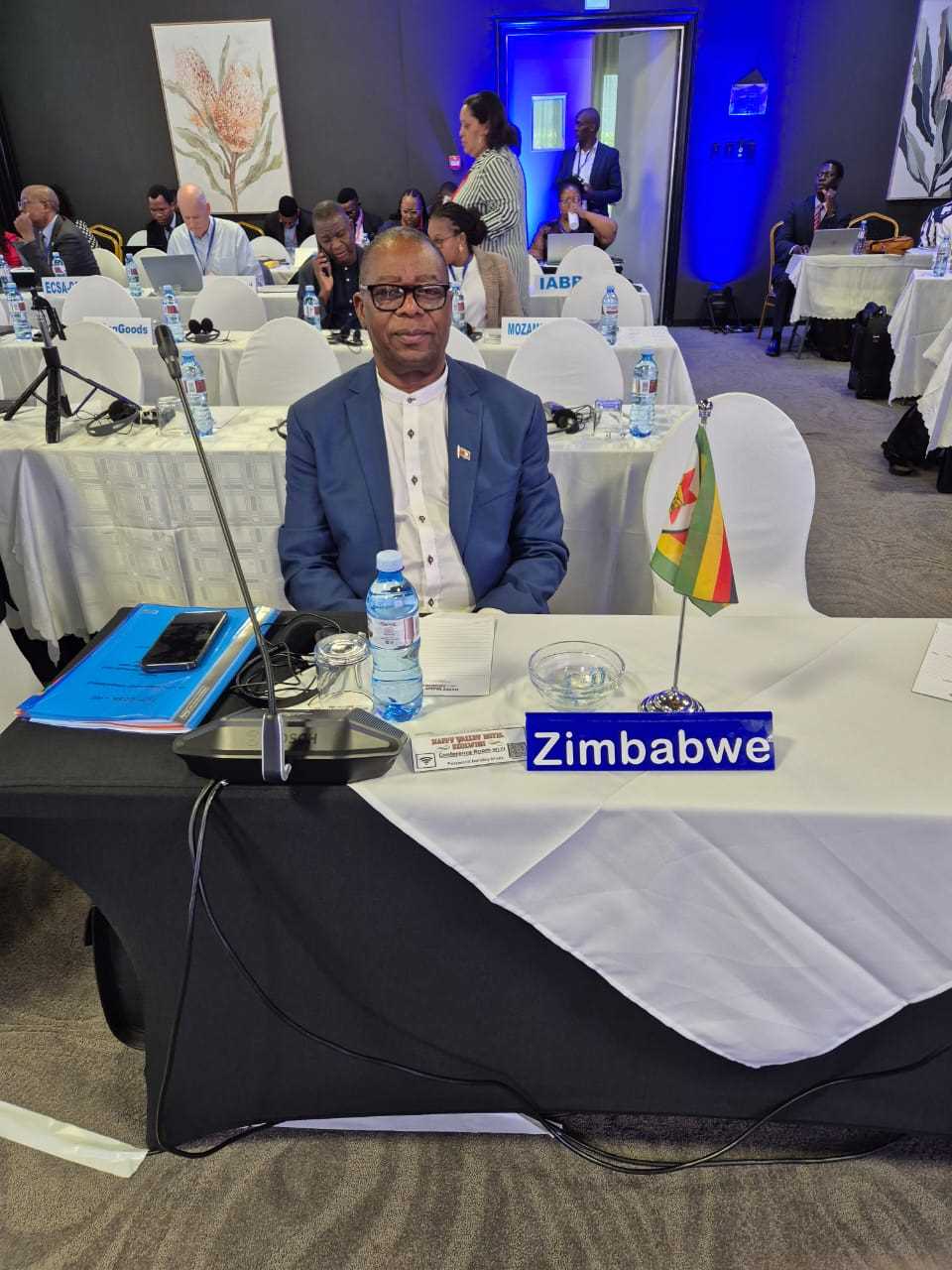
Witness Runodada
Zim Now Reporter
The Community Working Group on Health has raised serious concerns about Zimbabwe's ability to manage a potential Mpox outbreak due to its deteriorating healthcare infrastructure.
With Mpox spreading across parts of Africa, particularly in South Africa, where approximately 20,000 people travel daily between the two countries—mainly informal traders relying on public transportation—the risk of cross-border transmission is heightened.
CWGH director Itai Rusike emphasised the country's vulnerability, stating that Zimbabwe’s healthcare system is poorly equipped to manage such an outbreak.
Related Stories
He pointed out that many health institutions lack the basic medical resources and personnel needed to handle routine services, let alone a surge in patient numbers during a crisis.
Rusike warned that Zimbabwe, still reeling from the impact of the COVID-19 pandemic, may be on the brink of collapse if faced with another health emergency.
“The persistent fragility of health service delivery, despite the lessons learned from COVID-19, reveals that the system may not survive another shock in the form of a pandemic,” he said.
The Africa Centres for Disease Control and Prevention and the World Health Organisation have declared the disease a global public health emergency for the second time in two years.
Despite the global alarm raised by the Africa Centres for Disease Control and Prevention and the World Health Organisation, Rusike noted that Zimbabwe has made little progress in securing the necessary vaccines, medicines, or diagnostic tools to combat Mpox.
This lack of preparedness poses a significant public health risk, especially as Mpox continues to be classified as a global public health emergency.




















Leave Comments